Film Reviews
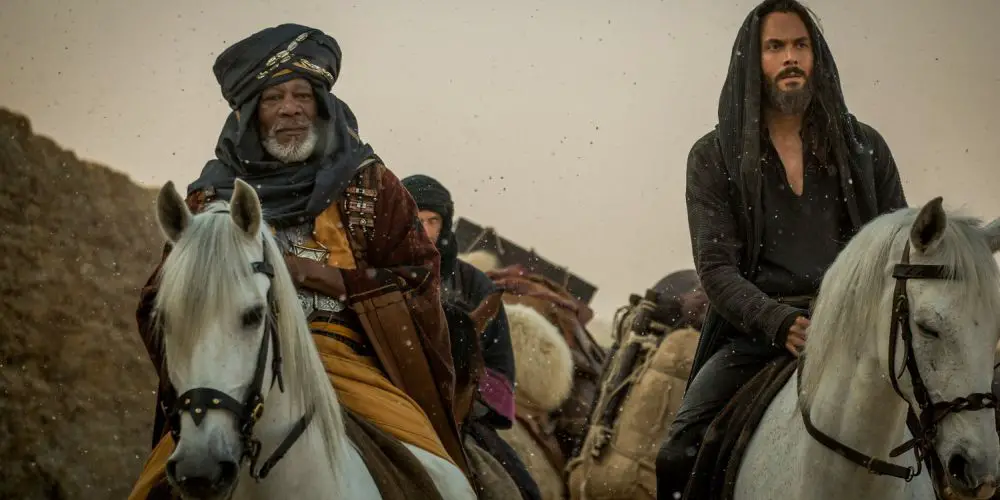
Ben-Hur actually opens with the horses getting ready to bolt from the gates for the chariot race. That will seem heretical to audiences familiar with the Academy Award winning 1959 version of the story. Younger moviegoers may not even realize this is a remake, and may not even realize that the phrase “chariot race” used to refer to a big movie’s big action climax.
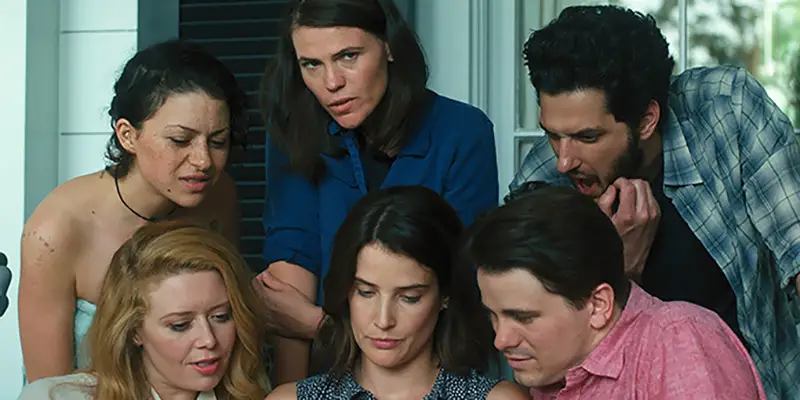
With an ensemble cast telling a relatable story about friends and lovers, Clea DuVall succeeds with her directorial and writing debut feature film. The Intervention stars Natasha Lyonne, Melanie Lynskey, and DuVall, bringing a But I’m A Cheerleader reunion to the screen, and also adds Cobie Smulders and Jason Ritter, among others. This is a fun and heartfelt story about four couples who gather for a weekend away at Jessie (DuVall) & Ruby’s (Smulders) family vacation house.
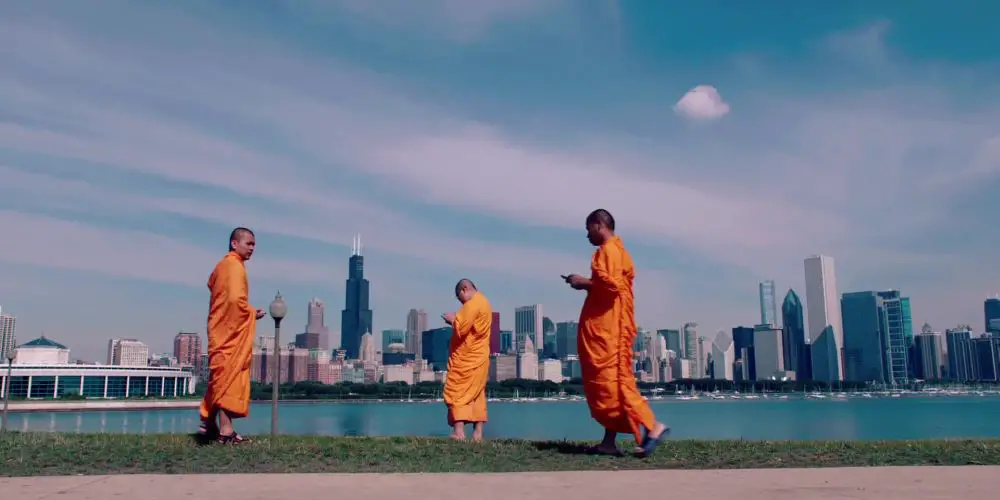
In the fifties, Tex Avery made a series of shorts for MGM collectively called “The World of Tomorrow” in which the animator imagined what wonders the kitchen appliances, automobiles and society of the future will offer. The cartoons present with one fantastical gadget after another, all quite utilitarian, but with tongue firmly planted in cheek. The message is clear, technology may be our salvation, but left in the hands of man there will always be something to muck up.
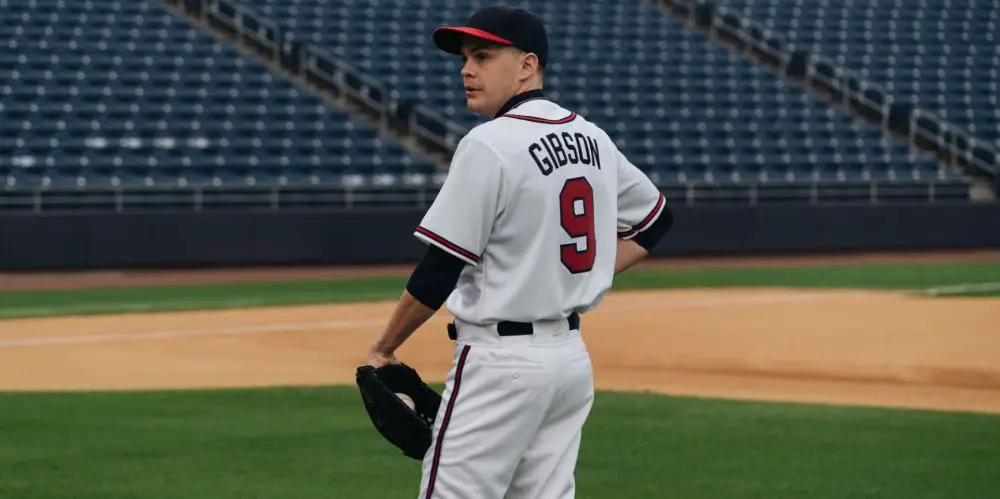
The Phenom is a difficult film to pin down. While trailers and taglines suggest a sports drama in the vein of, say, A League of Their Own or For The Love of the Game, this somewhat sombre drama feels tapered down, unwilling to pander to the feelgood melodrama that can sometimes overwhelm these kind of movies. It’s the story of the improbably named Hopper Gibson (Johnny Simmons), a talented pitcher thrust into the limelight after signing for a major league club straight out of school.

*Editorial Note: This documentary short won the Best Documentary prize at the first Drunken Film Fest, organised by Film Inquiry’s Jax Griffin. The documentary selections were hand picked by Arlin Golden, another contributor to the site* Every American community is home to countless strange pastimes and traditions, but many of these events don’t fully adapt to modern American life.
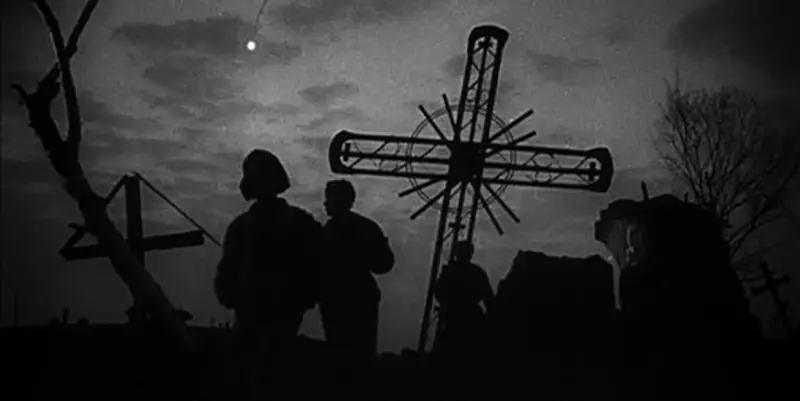
About midway through Andrei Tarkovsky’s feature 1962 film debut of Ivan’s Childhood, in the midst of a Russian battlefield field torn asunder during World II, a cross is backlit by a setting sun. The cross is obscured in shadow and yet its beauty remains. A spiritual man, Tarkovsky was never afraid to ask questions about spiritual matters.
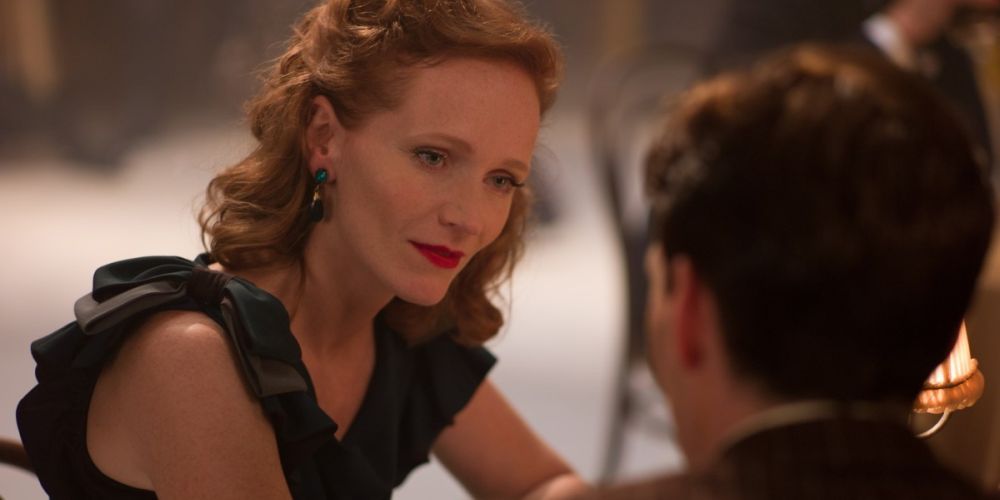
When it comes to World War II, there is never a shortage of stories that are needed and are waiting to be told. Anthropoid is one of these stories. The film begins with an introduction to the true events that have led up to the assassination of a high-ranking Nazi official to be rendered a necessary means in a time of war.
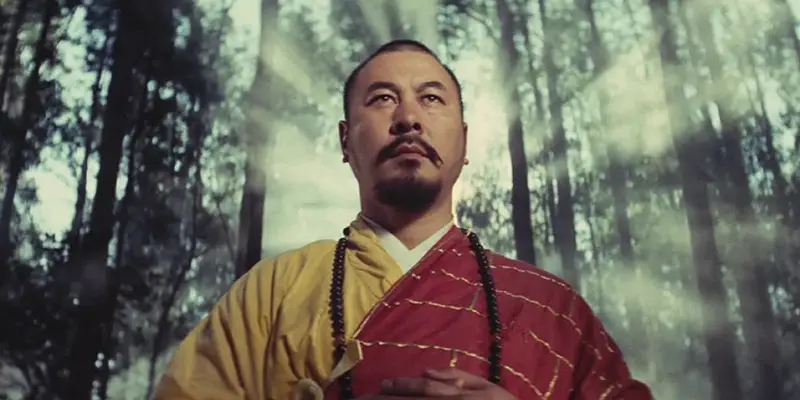
The new Criterion Collection release of A Touch of Zen includes director King Hu’s own notes on the film. In these notes, Hu discusses a conversation he had with a Zen Buddhist who told him that Zen must be understood not through verbal explanation, but through an enlightening experience. Despite his renown as a director of wuxia films, Hu was neither a Buddhist nor a martial artist; but, he believed that capturing an experience of Zen would make for a strong film.

Chicken is a British drama directed by Joe Stephenson, which debuted last year in the UK at the Edinburgh Film Festival. It follows Richard and his older brother Polly, who find themselves continuously travelling in their caravan for a place to call home. Richard, younger and more optimistic in his view, seeks stability, but Polly’s ever-increasing abusive behaviour seems to be getting the better of him.
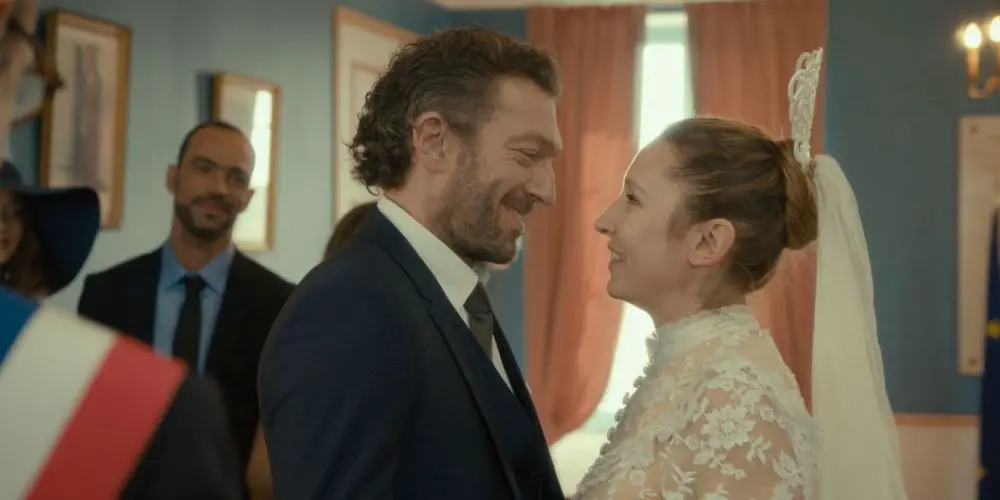
No matter what the critics say, film festival juries frequently appear to be in their own little bubble where they award the top prize to the film with the most political relevance, instead of the best artistic qualities. Last year at Cannes, the middling immigrant drama Dheepan trumped some of the year’s most widely acclaimed movies, from Son of Saul to Carol, for the festival’s top prize. But this was far from the only area critics were left bemused, as Rooney Mara’s performance in Carol suffered the indignity of sharing the Best Actress award with the unhyped Emmanuelle Bercot in My King.
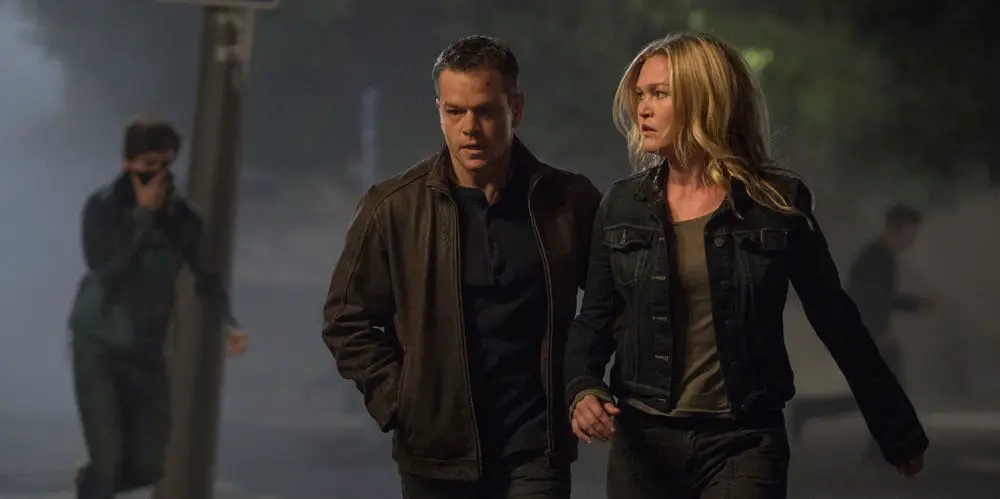
Since the inception of the Bourne franchise in 2002, the blockbuster as we know it has undergone a dramatic shift. Variety is limited as superhero films have taken over the industry. There are lingering alternatives like the Mission Impossible and Fast and Furious franchises, but the Bourne films have been the thinking man’s blockbusters since the series began.
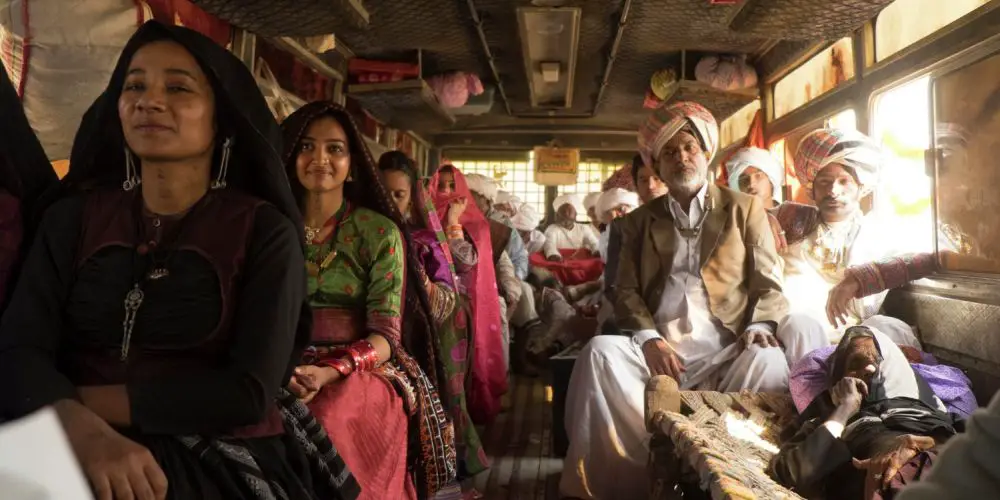
In the beautiful desert landscape of Gujarat, India, director Leena Yadav introduces us to a world of friendship, suffering and heartbreak within a story of four women, trying their best to overcome their individual struggles. Parched explores the ideas of tradition, culture and misogyny in the heart of rural India but with a compelling characters and strong friendships that feel universal to us all. Tradition & Culture The story centers around four women:
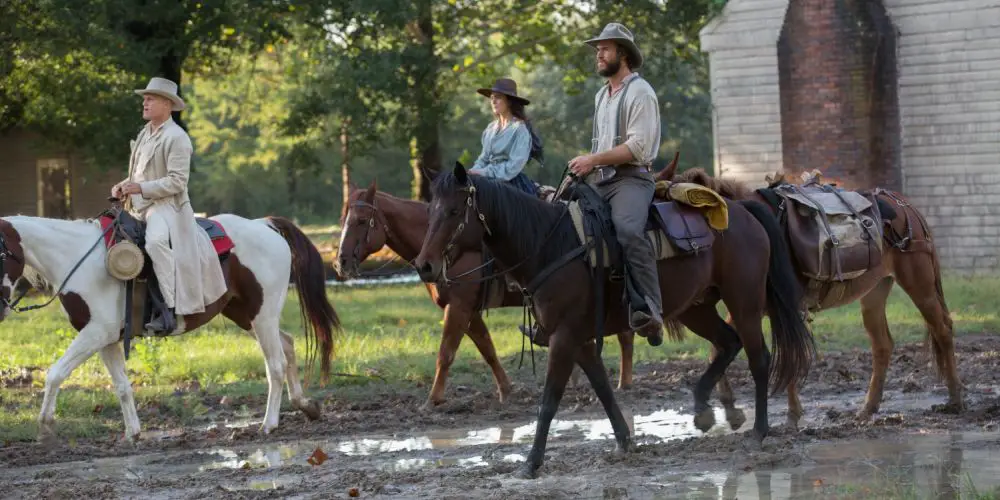
Though starring two A-list actors, The Duel went mostly under the radar when it was first released, opening to limited theaters and VOD. It’s not shocking that audiences wouldn’t flock to see a Western since the genre is not nearly as popular as it used to be, yet in recent years it seems to be making a comeback. Films such as The Hateful Eight, Slow West and Bone Tomahawk have been surprisingly successful, with future Westerns in the pipeline that could be even bigger hits (The Magnificent Seven remake being one example).



